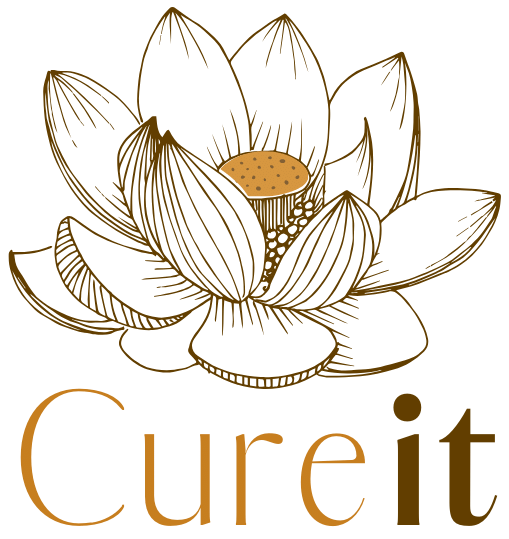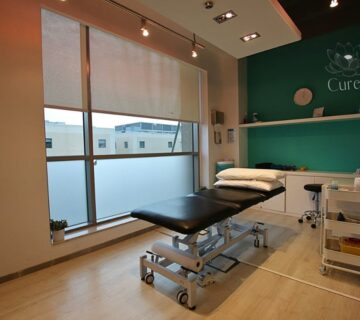
At Cureit Center, we understand that addiction recovery is a lifelong journey that requires continuous support and proactive measures to prevent relapse. Our approach to relapse prevention goes beyond traditional methods, incorporating innovative techniques and personalized strategies to empower individuals and promote long-term sobriety. In this blog, we’ll delve into how Cureit Center tackles relapse prevention, explore the benefits of our approach, and highlight some of the new techniques we use to support our clients.
Understanding Relapse: A Complex Challenge
Before diving into our approach, it’s essential to understand what relapse entails. Relapse is not a sign of failure but rather a common challenge faced by individuals in recovery. It can be triggered by various factors such as stress, emotional turmoil, environmental cues, or social pressures. Recognizing these triggers and equipping individuals with effective coping mechanisms is at the core of our relapse prevention strategy.
Personalized Relapse Prevention Plans
At Cureit Center, we believe in the power of personalized care. Each client undergoes a thorough assessment to identify their unique triggers, vulnerabilities, strengths, and goals. Based on this assessment, our team collaboratively develops a personalized relapse prevention plan tailored to the individual’s specific needs and circumstances.
For example, if a client identifies stress as a significant trigger, we may incorporate stress management techniques such as mindfulness meditation, yoga, or cognitive-behavioral therapy (CBT) into their plan. By addressing the root cause of potential relapse triggers, we empower clients to build resilience and cope effectively with life’s challenges without resorting to substance use.
Benefits of Our Approach
- Empowerment Through Education: We believe that knowledge is power. Our relapse prevention programs include psychoeducation sessions where clients learn about the science of addiction, the cycle of relapse, and practical strategies to maintain sobriety. By understanding their condition and the factors influencing relapse, clients feel empowered and equipped to make informed decisions.
- Holistic Wellness Focus: Cureit Center takes a holistic approach to relapse prevention, addressing not only the physical aspects of addiction but also the mental, emotional, and spiritual dimensions. Our holistic wellness programs encompass nutrition counseling, fitness activities, art therapy, and mindfulness practices to promote overall well-being and resilience.
- Ongoing Support and Accountability: Recovery doesn’t end after leaving our facility. We provide ongoing support and follow-up care to ensure our clients stay on track with their relapse prevention plan. This includes regular check-ins, support groups, alumni programs, and access to resources for continued growth and sobriety maintenance.
Innovative Techniques at Cureit Center
In addition to traditional relapse prevention methods, Cureit Center integrates innovative techniques and technologies to enhance our approach:
- Virtual Reality (VR) Therapy: We utilize VR technology to create immersive environments where clients can practice coping skills in realistic scenarios. This virtual exposure therapy helps desensitize individuals to triggers and strengthen their ability to resist cravings in real-life situations.
- Biofeedback and Neurofeedback: By monitoring physiological and brainwave activity, we provide clients with biofeedback and neurofeedback sessions. These techniques enable individuals to learn self-regulation skills, manage stress responses, and enhance emotional regulation, crucial elements in relapse prevention.
- Mobile Apps and Digital Tools: We leverage mobile apps and digital tools that offer personalized support, tracking progress, providing reminders for coping strategies, and connecting clients with peer support networks. These tech-based solutions facilitate continuous engagement and motivation in relapse prevention efforts.



No comment